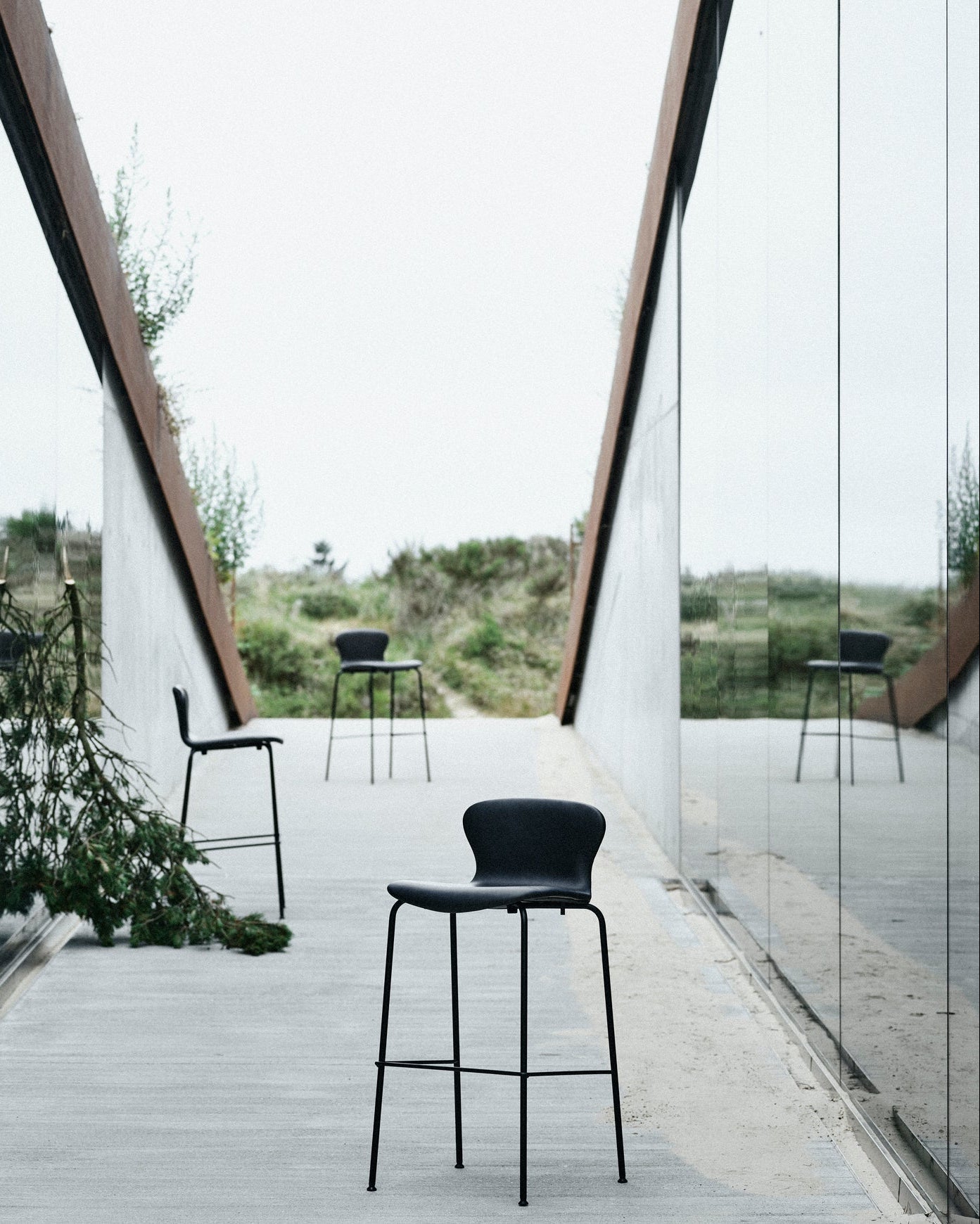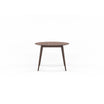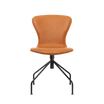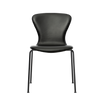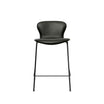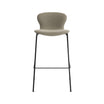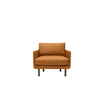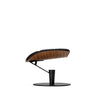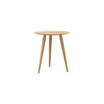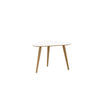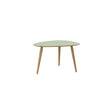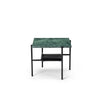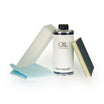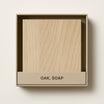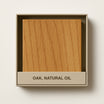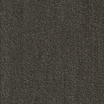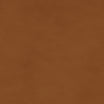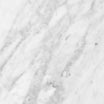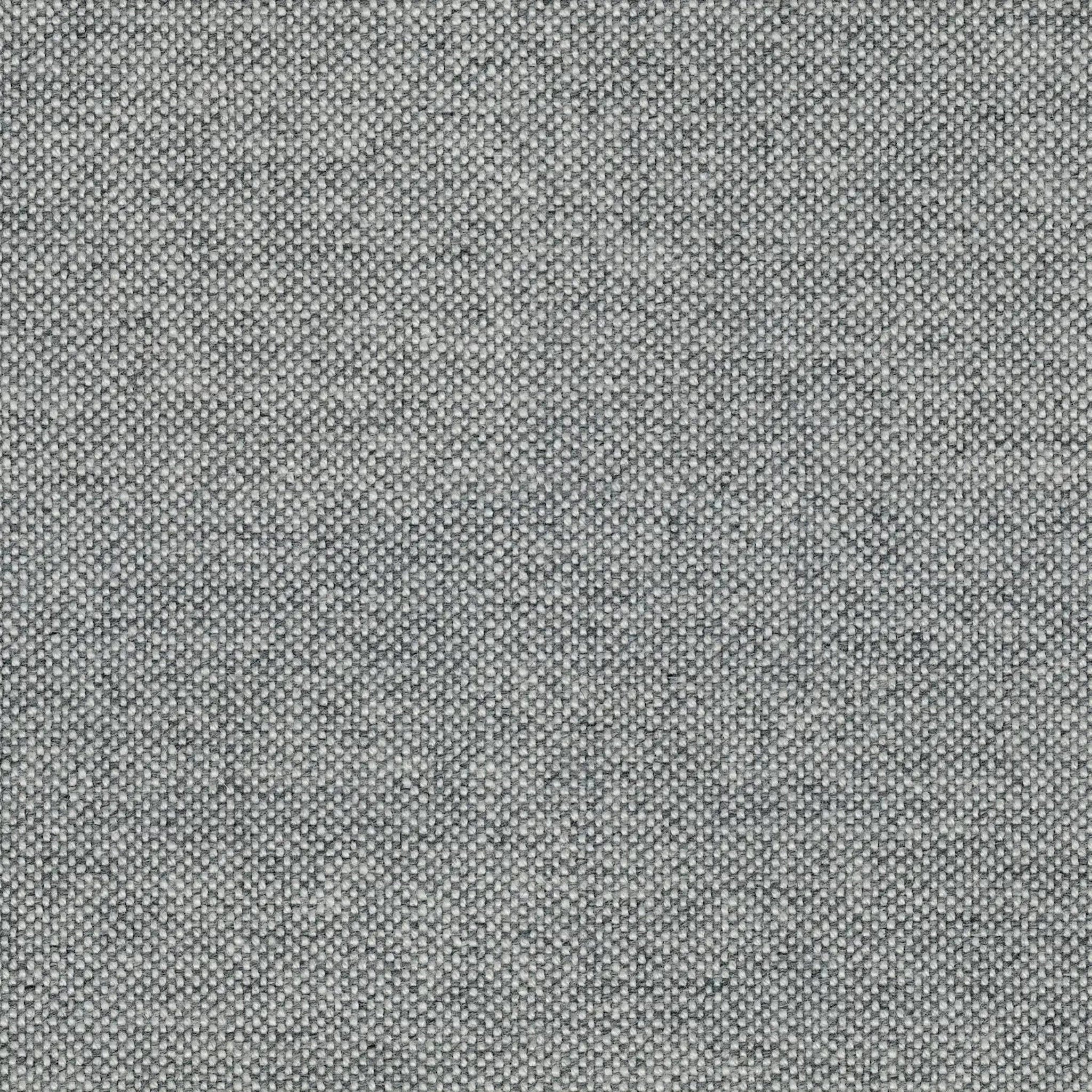
Sample Hallingdal 116
Textile Sample
Are you in doubt about which color to choose for your furniture?
Then order the textile samples you want and get a small taste of what color your furniture should have.
Hallingdal
Kvadrat’s first textile ‘Hallingdal’ has become the archetype of woollen textiles. The very durable upholstery fabric was originally designed in 1965 by Nanna Ditzel, and is now available in a version with an updated colour scale: Hallingdal 65.
Hallingdal 65 is made of wool and viscose, which complement each other well: the wool provides excellent durability and flexibility, whilst the viscose adds brilliance and depth to the colour. Both materials are dyed before they are spun, which highlights the rich texture of the fabric.
Design: Nanna Ditzel
Composition: 70% new wool 30% viscose
Abrasion: 100.000 Martindale
Pilling: 3-4
Lightfastness: 7
Environmental benefits
EU Ecolabel compliant
Greenguard Gold: Low chemical emission
We reimburse the cost
Of course, we reimburse the cost of buying samples when you buy a piece of furniture from us.
Just make us aware of it in the comments section associated with your purchase.



